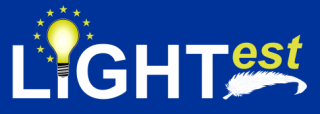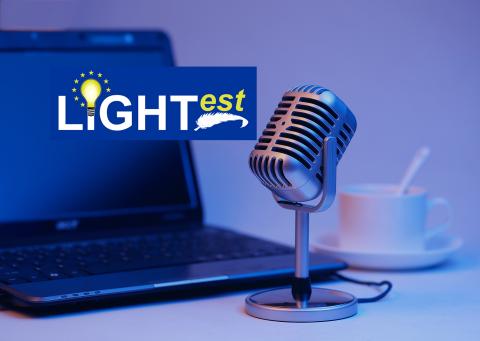
Whether regarding the single European market place or on a Global scale, there is an increasing amount of electronic transactions that are becoming a part of peoples everyday lives, where decisions on establishing who is on the other end of the transaction is important. Clearly, it is necessary to have assistance from authorities to certify trustworthy electronic identities. This has already been done. For example, the EC and Member States have legally binding electronic signatures. But how can we query such authorities in a secure manner? With the current lack of a standard for publishing and querying trust information, this would be a prohibitively complex leading to verifiers having to deal with a high number of formats and protocols. The EC-funded LIGHTest project attempts to solve this problem by building a global trust infrastructure where arbitrary authorities can publish their trust information. The global and cross-domain trust infrastructure of LIGHTest is achieved by reusing existing governance, organization, infrastructure, standards, software, community, and know-how of the existing Domain Name System, combined with new innovative building blocks. This approach allows an efficient global rollout of a solution that assists decision makers in their trust decisions. By integrating mobile identities into the scheme, LIGHTest also enables domain-specific assessments on Levels of Assurance for these identities. The EC and Member States can use this to publish lists of qualified trust services, as business registrars and authorities can in health, law enforcement and justice. In the private sector, this can be used to establish trust in inter-banking, international trade, shipping, business reputation and credit rating. Companies, administrations, and citizens can then use LIGHT est open source software to easily query this trust information to verify trust in simple signed documents or multi-faceted complex transactions.

